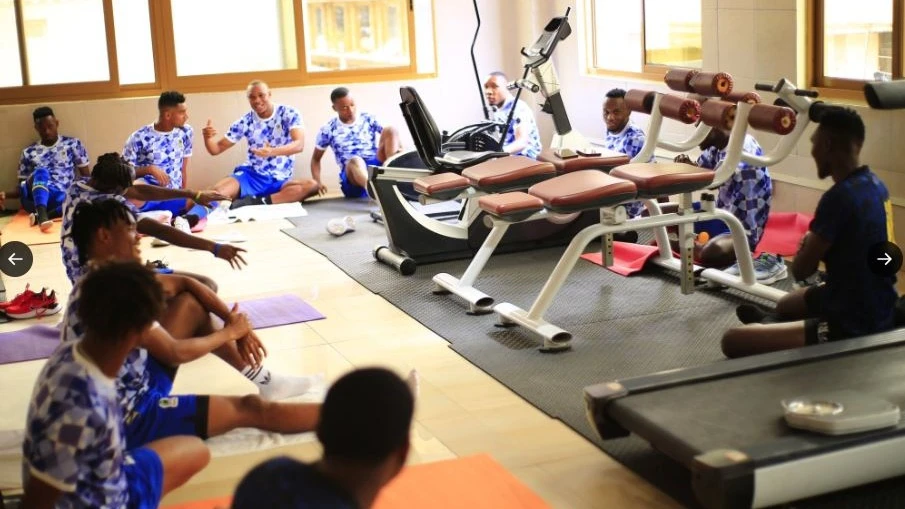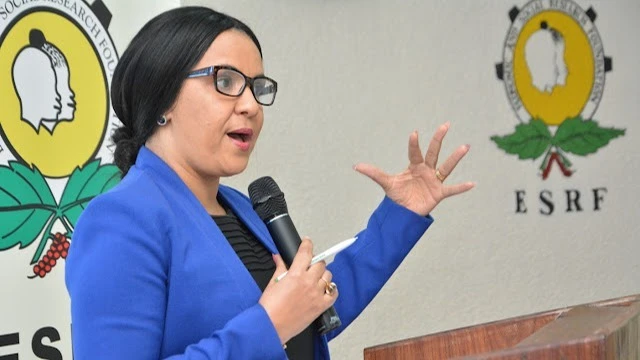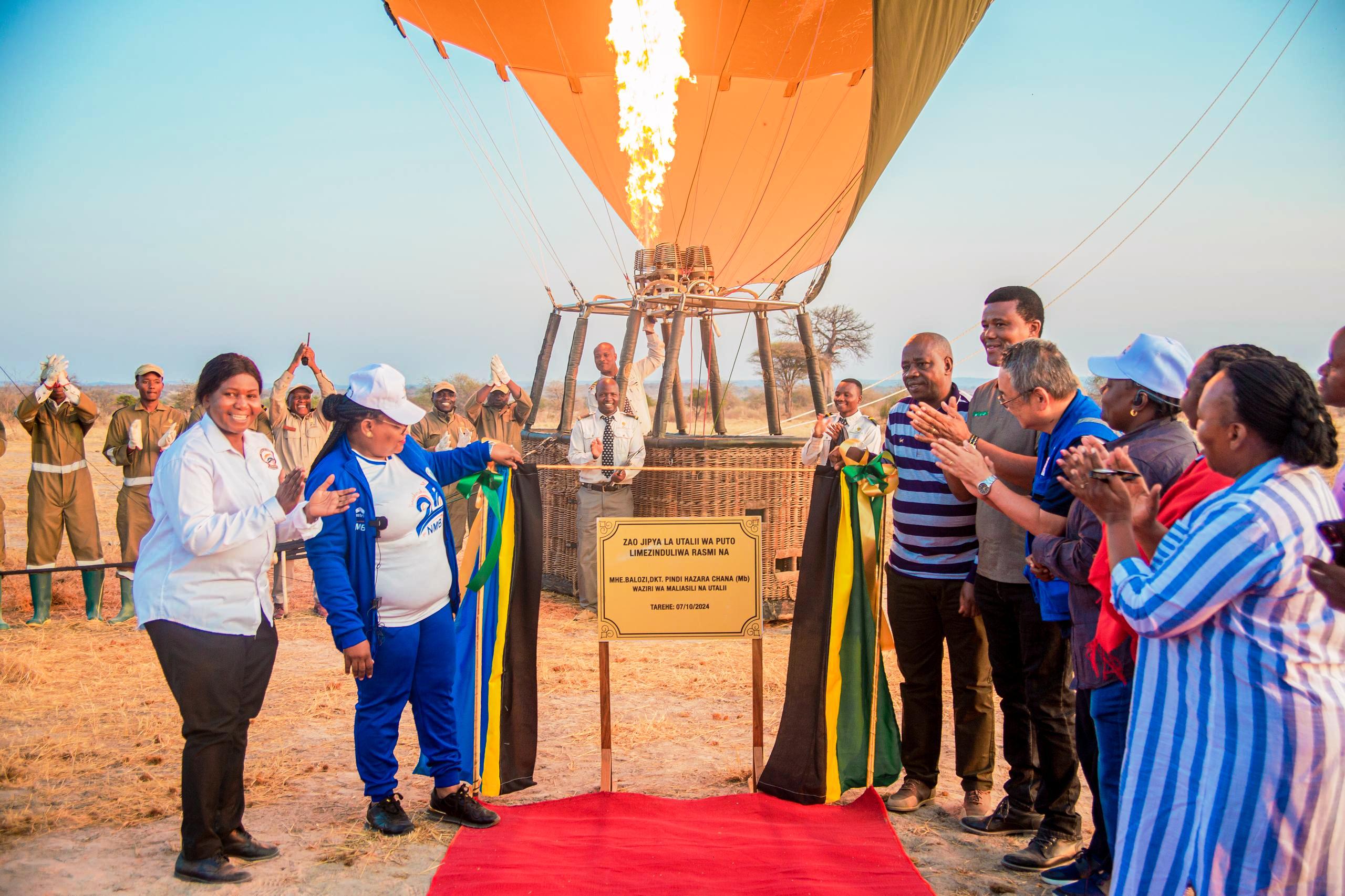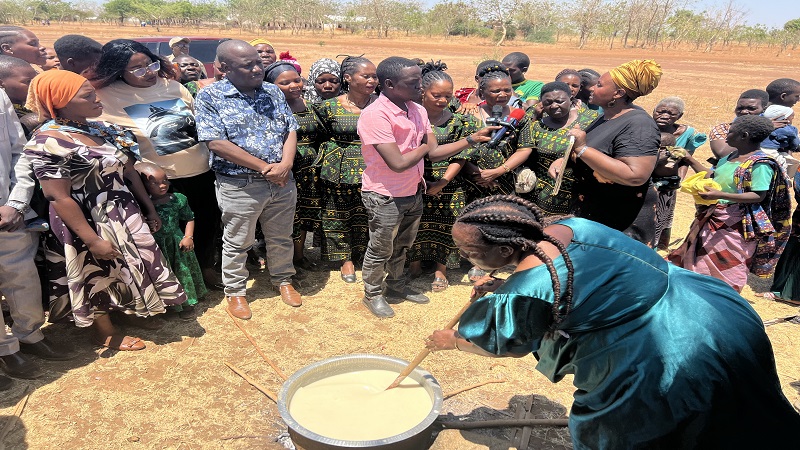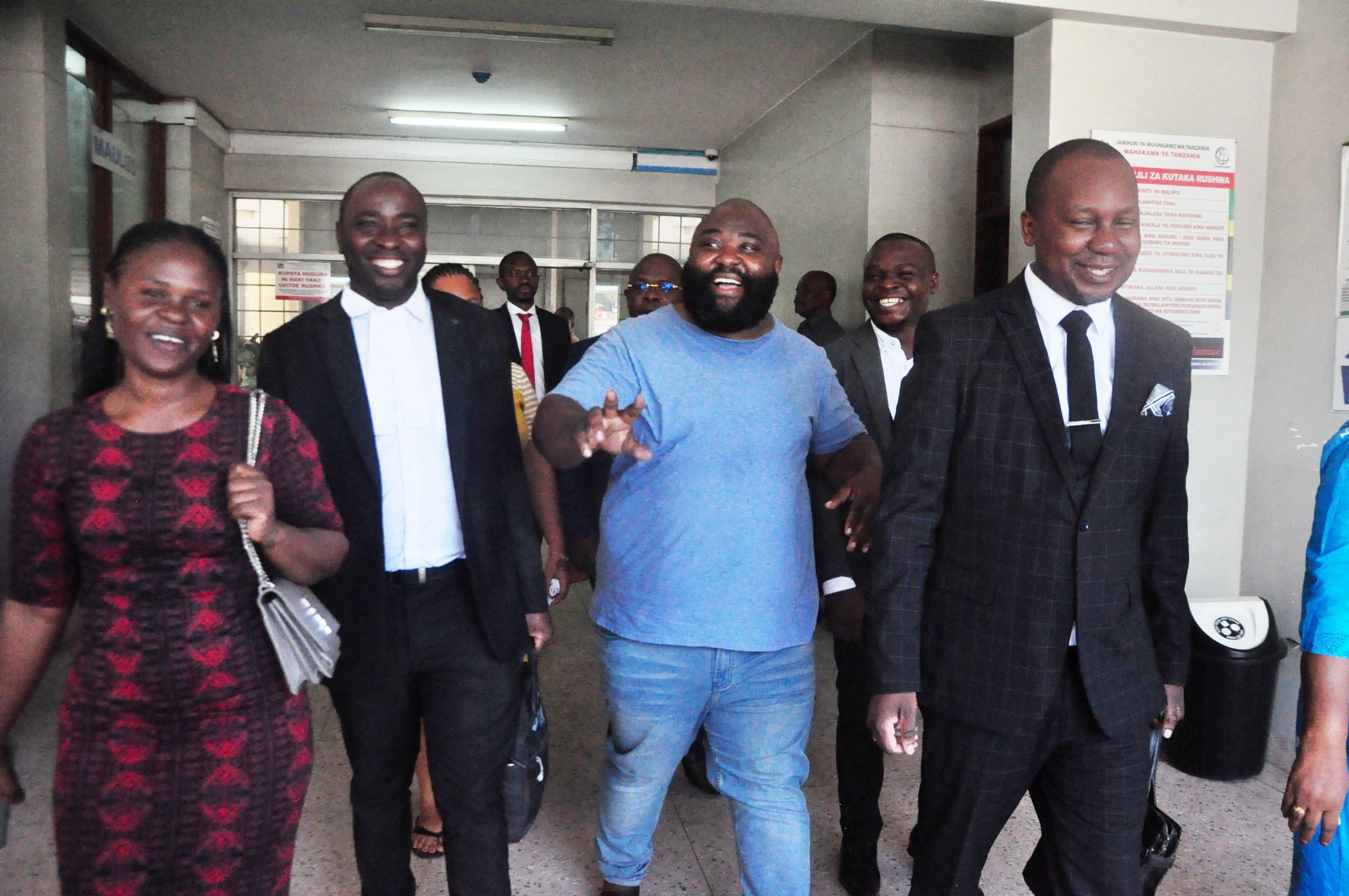Campaigners seek supportive laws, robust plans for girls development
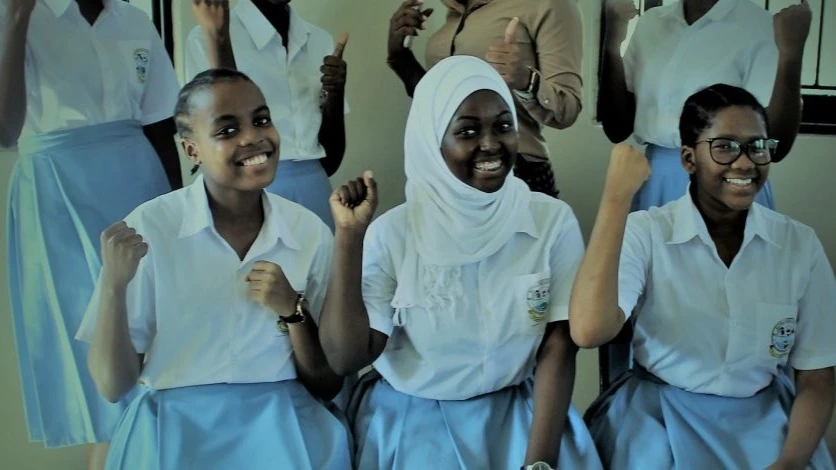
GIRLS across mainland Tanzania continue to experience violation of various rights with many facing psychological violence, child marriage and limited access to quality education, a new report has stated.
The report, titled “Situation of Girls’ Rights and Wellbeing Analysis,” conducted by the Msichana Initiative has identified that despite efforts conducted by the government and stakeholders to heighten girls’ development, many do not achieve their potential due to various challenges they face.
Key issues identified by community stakeholders include sexual violence and the suppression of girls’ voices, alongside psychological violence and inadequate parental guidance. The report notes that girls living in rural areas and those with disabilities are disproportionately affected by the challenges, which are exacerbated by deep-rooted patriarchal customs and traditions.
During a presentation of the findings in Dar es Salaam yesterday, report author Fundikila Wazambi emphasized that mental health is a significant concern for girls.
He pointed out that unfriendly laws, poverty, sexual corruption, and neglect further hinder their rights and wellbeing.
Wazambi highlighted harmful cultural norms that deny girls fundamental rights and freedoms, as well as gaps in legal protections that have led to an increase in gender-based violence, including child marriage and denial of inheritance rights.
The report identified poverty, child marriage, parental attitudes, illiteracy, and poor sanitation in schools as the top five issues threatening girls’ access to education.
Wazambi noted that the quality of education is declining, particularly as girls reach upper secondary levels, due to inadequate funding, shortages of educational resources, and difficult working conditions for teachers.
Additionally, a lack of parental support and guidance has been identified as a barrier to girls accessing quality education. Some parents reportedly encourage their daughters to fail exams, further limiting their opportunities.
The report underscores the importance of school attendance for girls’ empowerment, suggesting that school clubs can provide vital education and help girls claim their rights. Evidence from NGOs indicates a positive correlation between club membership and improved academic performance.
To address the challenges, the report calls for the Parliament to amend the Marriage Act of 1971 to establish 18 years as the minimum legal age for marriage, thereby outlawing child marriage.
Recommendations also include classifying sanitary pads as essential needs and implementing a free sanitary pad program for school-going students. Key informants, including girls’ rights experts, have urged the removal of taxes on sanitary pads, emphasizing that access to these products is a basic necessity for girls.
The Ministry of Education is encouraged to reinforce the re-entry policy for pregnant and married girls, ensuring their right to education is upheld in accordance with international human rights standards.
Rebeca Gyumi, executive director of the Msichana Initiative, noted that the assessment aimed to evaluate the state of girls' rights and wellbeing in Tanzania, focusing on education, health, and agency.
She noted that analysis of police reports from 2018 to 2023 shows that 8 out of 10 victims of violence against children are girls, with rape being the most reported form of sexual abuse.
As the world prepares to commemorate the International Day of the Girl Child in the coming days, under the theme “Girls’ Vision for the Future,” Gyumi emphasized the urgent need for action to amplify girls’ voices and visions for their future.
Kijo Bisimba, a veteran activist, echoed the sentiments, noting that today’s generation of girls, faces numerous challenges, including climate crises, conflict, and poverty, which threaten their rights and limits their potential.
She urged the government to amend the Marriage Act of 1971 as it thwarts various efforts aimed at promoting girl’s dignity and development.
“The court has already instructed for the amendment, what are you researching again in this law,” she said.
Top Headlines
© 2024 IPPMEDIA.COM. ALL RIGHTS RESERVED









